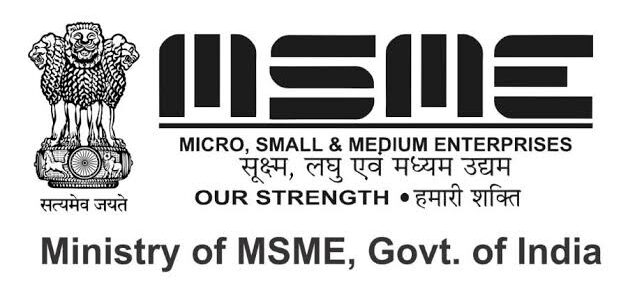When is an Income Tax Audit Required on a Mandatory Basis in India? Understanding the Limits
Introduction
In India, income tax audits are mandated by the Income Tax Act, 1961, under various sections, depending on the type of taxpayer and their financial activities. Understanding these mandatory requirements, including specific financial thresholds, helps businesses and individuals ensure compliance and avoid penalties. This article outlines when an income tax audit is required on a mandatory basis in India, specifying the limits applicable to different sources of income and types of businesses.
Mandatory Income Tax Audit Requirements and Limits in India
- Thresholds for Business Entities
- Turnover Limits: For business entities, the mandatory audit requirements are based on annual turnover:
- Businesses (Section 44AB): If the turnover exceeds ₹1 crore (₹10 million) in a financial year, a tax audit is mandatory. This threshold is applicable to entities such as sole proprietorships, partnerships, and companies engaged in business activities.
- Businesses opting for Presumptive Taxation (Section 44AD): If a business opts for presumptive taxation under Section 44AD and the turnover exceeds ₹2 crore (₹20 million), a tax audit is required.
- Professional Firms (Section 44AB): For professionals such as doctors, lawyers, and consultants, a tax audit is mandatory if gross receipts exceed ₹50 lakh (₹5 million) in a financial year.
- Turnover Limits: For business entities, the mandatory audit requirements are based on annual turnover:
- Companies
- All Companies: Regardless of turnover or revenue, all companies, including private limited and public limited companies, are required to undergo a tax audit as per the Companies Act, 2013. This audit ensures that financial statements are accurate and compliant with accounting standards and regulations.
- Specific Regulatory Requirements
- Partnership Firms and LLPs: Partnership firms and Limited Liability Partnerships (LLPs) with turnover exceeding ₹1 crore (₹10 million) are subject to mandatory audits. LLPs, even if they do not exceed the turnover limit, are required to undergo audits if they are engaged in specified activities or fail to meet other criteria.
- Cooperative Societies: Cooperative societies are required to undergo tax audits if their turnover exceeds ₹1 crore (₹10 million) or if their income exceeds ₹1 lakh (₹100,000) from business activities.
- Government or Tax Authority Directives
- Mandatory Audit Notices: Tax authorities may issue notices requiring a mandatory audit based on specific criteria or compliance checks. These notices are often part of routine regulatory practices or in response to particular issues identified in tax returns.
- Significant Financial Transactions
- Complex Transactions: Entities involved in significant transactions, such as mergers, acquisitions, or substantial investments, may be subject to mandatory audits to ensure accurate reporting and compliance with tax regulations.
- International Transactions: Transactions involving cross-border dealings or foreign investments may trigger mandatory audits to verify compliance with international tax laws and agreements.
- Filing Irregularities
- Frequent Amendments or Corrections: Taxpayers who frequently amend or correct their tax returns may be subject to mandatory audits to address persistent discrepancies or errors.
- Discrepancies in Reporting: Significant discrepancies between reported income and third-party information (e.g., from employers, banks) can lead to mandatory audits to resolve these inconsistencies.
How to Prepare for a Mandatory Income Tax Audit
- Maintain Accurate Records: Ensure detailed and accurate documentation of all financial transactions, including income, expenses, and supporting documents.
- Consult with Tax Professionals: Engage a Chartered Accountant or tax advisor to review your financial statements and tax returns, ensuring compliance with regulatory requirements.
- Address Issues Promptly: Resolve any discrepancies or errors in your tax filings promptly to minimize audit complications.
- Stay Informed: Keep updated with changes in tax laws and regulations to ensure compliance and accurate tax filings.
Conclusion
In India, income tax audits are mandated based on specific financial thresholds and regulatory requirements. Businesses, professionals, and companies must adhere to these requirements to ensure compliance and avoid penalties. By maintaining accurate records, consulting with tax professionals, and staying informed, taxpayers can navigate mandatory audits effectively and uphold their tax obligations.
It is to be noted that the Tax Audit shall only be conducted by a chartered Accountant (CA), are you looking for CA for Audit, you can contact us.












